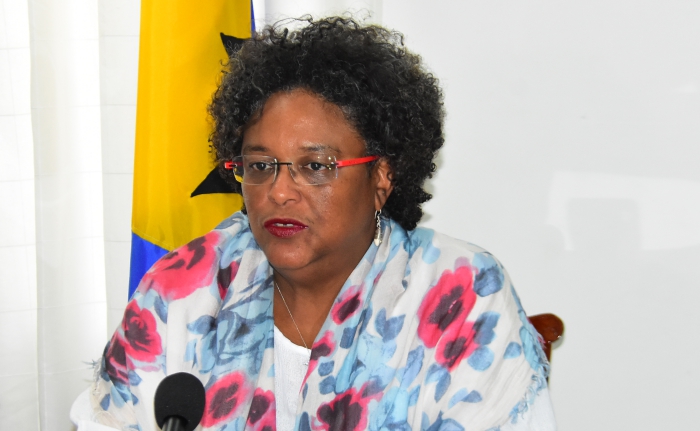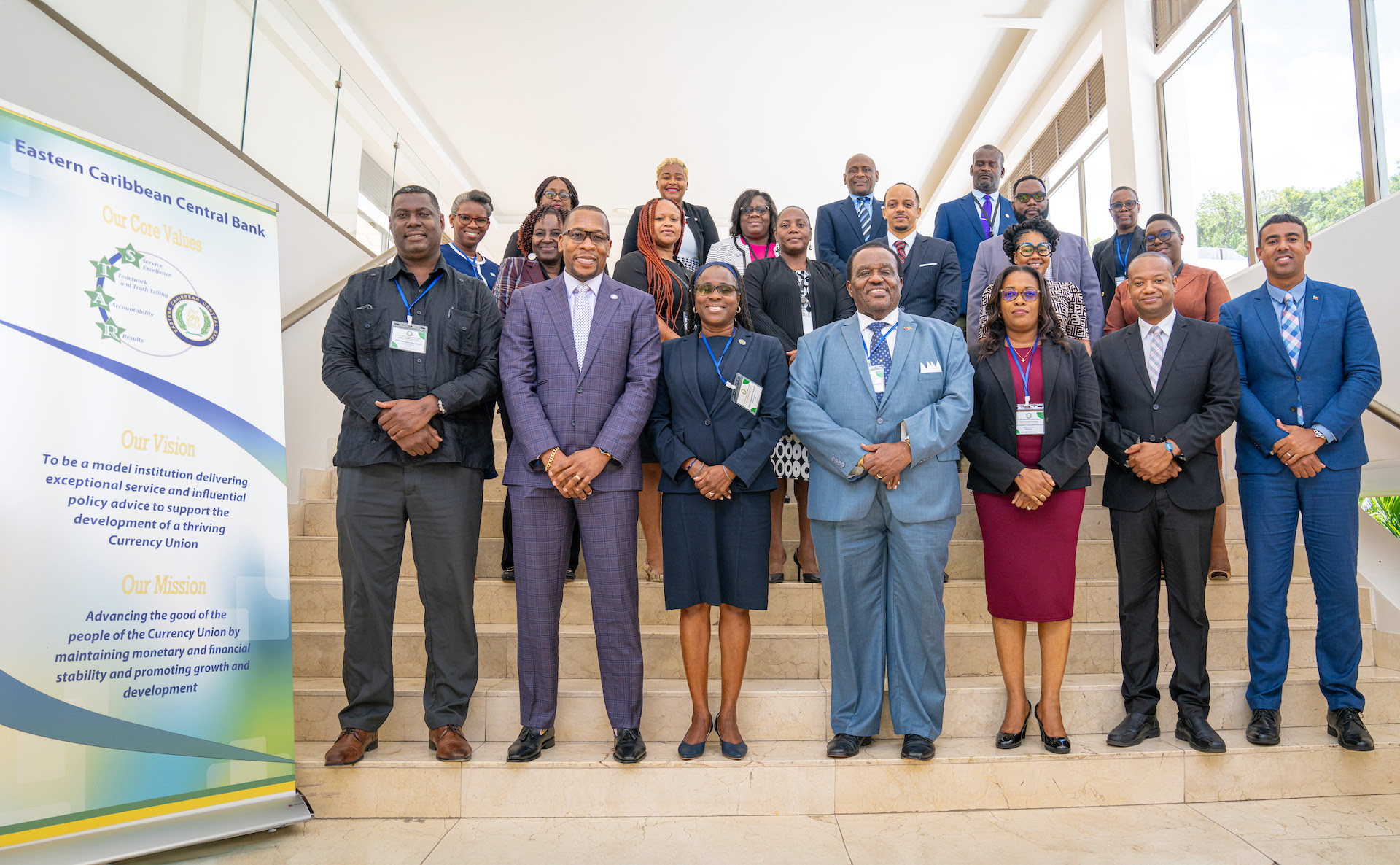Mostly temporary workers, but not more than 1,500 people across the public sector, will be laid off over the next few weeks, Prime Minister Mia Mottley disclosed in an address to the nation Sunday evening.
“We give the country the assurance that while we do not have the exact number because we are following process, rather than arithmetical deductions, we know that it unlikely to be more than 1,500 people over the course of the next few weeks. But, regrettably, one is too many,” she said, while detailing a wide-ranging plan to cushion the fallout.
The cuts will affect workers in central government and government entities.
Acknowledging that it was a painful exercise, the Prime Minister said the layoffs would be underpinned by the last in, first out principle and workers are in line to receive full packages.
“There will be severance type packages available to persons, particularly the temporary persons — and more than 80 per cent are temporary. Two, that those severance type packages will also be buttressed by payment in lieu of notice.
“Three, that without prejudice to that, that in some instances that there is vacation pay due to officers at an individual level.”
She noted that Cabinet had also agreed to ensure that dislocated workers would go home with their payments in hand.
“None of us would feel good having to go home without knowing where money is coming from and who is going to help us tomorrow or to come back next week or next month begging for money. We have to do this properly,” Mottley insisted, while conceding that the process would not be problem free.
“Will it be seamless and absolutely perfect? Probably not. I have been around long enough to know that mistakes are made, but what is important is that if mistakes are made and they are brought to our attention that we correct them as soon as possible.”
She however attempted to strike a positive note, announcing that Government would be establishing a household mitigation unit to assist the retrenched workers.
“I will have five persons who will interact with all those who are being laid off to make sure there is a minimal standard of living below which no one in this country will fall,” Mottley said.
She said her Government would also partner with the private sector, civil society – particularly the church to ensure minimal fallout.
Mottley further disclosed that the affected workers would be given priority when the Government rolls out a project to digitize its vast records in January, among other things.
“We are in discussion with the international financial community to finance the project…. With respect to those who will be laid off from the Ministry of Public Works, equally we have recognized that those who are participating in Government’s $100 million road programme will need to be able to hire persons within the next few months to be able to participate in that… activity, which will last us for the next few years,” she said.
As part of Government’s attempt to modernize the public service, Prime Minister Mottley also disclosed that workers would receive option forms “asking persons to indicate what is their passion, what is their wish, would they like to be retrained in a particular area, if they want access to a quarter acre of land and if they want us to help them establish a greenhouse so that they can get in to some kind of farming. Are they interested in livestock farming?”
And in yet another initiative, Government is set to amend the laws to establish what it calls an affirmative action programme to allow for up to 20 per cent of the value of Government’s goods and services to go to displaced workers.
“Right now, we spend about $400 million a year procuring goods and services; 20 per cent of that is $18 million. That is more than four times the cost of the separation package that we will face in the next few weeks for central government and indeed it is an amount that can be shared with both existing providers of services or if there are groups of people who have been laid off who can, for example, come together and want to be able to provide Government with services or goods.”
Mottley said a committee made up of representatives from the social partnership along with members of the public service would determine who should benefit from the programme.




